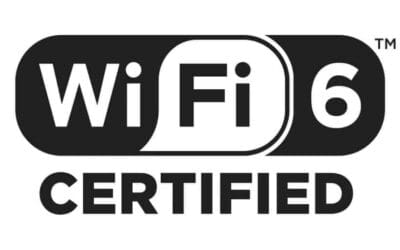Now that Microsoft has ended all remaining support and security updates for nearly all of its previous enterprise mobile operating systems, many organizations, including healthcare systems, are confronting a transition to a new OS while they’re already grappling with Coronavirus response. In this blog, we’ll discuss why organizations are switching to Android Enterprise Mobile to support business continuity.
Making the Switch
Choosing to stay with Microsoft and make the transition to Windows 10 IoT is an option, but it can be a challenge for some to navigate. Unfortunately, there’s no direct upgrade path to Windows 10 IoT from anything other than Windows Embedded Handheld version 8, so unless you’re using that OS, migration requires rewriting apps, converting databases and reconfiguring networks.
It’s an expensive and time-consuming process, and Windows 10 IoT doesn’t support many screen sizes and mobile device form factors that healthcare workers need on the job. This is why we’re now seeing a major move in both the healthcare industry and enterprise mobile device industry toward Android.
Why Providers & Industry Choose Android
Google has been working closely with device manufacturers to help them develop modern touchscreen solutions to meet current and future healthcare mobility needs. At the same time, they are also working on ways to make the transition a smooth one.
Here are 4 key reasons why we’re seeing this shift to Android.
1. Ease of Use: Android is proving to be a big advantage in industries like healthcare, manufacturing and field service because it simplifies workflows and makes mobile apps and devices incredibly easy to use. Android was designed from the ground up for intuitive mobile simplicity, and it helps streamline workflows with easy-to-use app interfaces, the ability to configure customized home screens, and virtual keyboards for error-proof data entry. Android is also easier for industrial and healthcare workers to use since many of them already use it on their personal smartphones and tablets.
2. Easier Migration and Development: Android provides an easier migration path with the ability to develop new apps to run on its platform. A vast array of development resources are available, in addition to many industry applications are already available as Android apps. This allows users to migrate to a more modern, easier-to-use OS vs. trying to stay on a Windows Mobile path.
3. Security: Thanks to Android Mobility Extensions (Mx), which were also developed by Zebra and are available on all of its latest devices, Android is a highly secure enterprise OS on par with Windows. You can completely control each device and application as well as network, user, and data access. Over-the-air updates also make it easy to apply the latest security patches and keep your devices secure.
4. Lifetime OS Support: This is the big one. Microsoft has eliminated extended support options for its operating systems, but you can get full OS updates and security support for the lifetime of your Android devices. Zebra’s LifeGuard™ for Android™ provides up to 10 years of guaranteed OS and security updates, including 5 years beyond Google’s standard support period.
To learn more about Android and its advantages for your business, contact our mobile technology experts at MSM Solutions. We’ll help you evaluate Android and develop a migration plan with the best hardware solutions for your needs.


